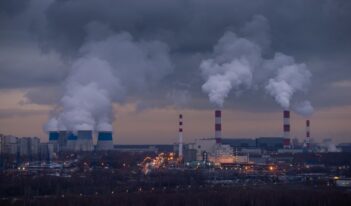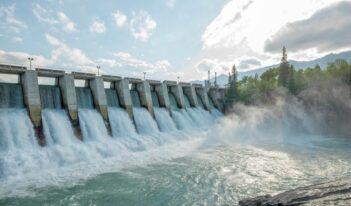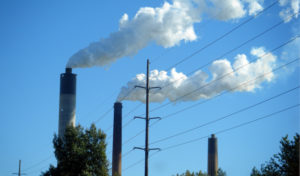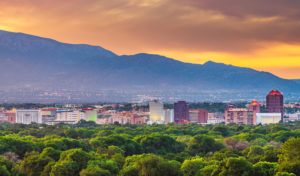A Regional Approach to Climate Change Regulation
Scholars study optimal regulations to reduce carbon dioxide emissions.
The Case for Taxing Luxury Emissions
Taxing luxury emissions can reduce inequality and combat climate change.
How Lawyers Hinder Climate-Related Risk Disclosure
Scholars advocate greater accountability for lawyers who guide what public firms share with investors.
Regulatory Discretion Fosters Clean Tech
Increased regulatory discretion can improve outcomes for entrepreneurs and enhance the impact of stakeholder activists.
Could West Virginia v. EPA Strengthen State Climate Laws?
Scholars argue that a recent Supreme Court decision may bolster state climate lawsuits.
Promoting the Climate Benefits of Marine Aquaculture
Scholar explores how kelp and shellfish farms can support U.S. climate goals.
Net-Zero Emission Pledges May Not Lead to Full Decarbonization
Examining countries’ net-zero pledges reveals variations and loopholes that will allow for slippage in climate progress.
Think Globally on Climate, Act Locally on Leaf Blowers
Restricting gas-powered leaf blowers can positively affect the health of people and the planet.
Could Financial Disclosures Curb Climate Change?
Climate disclosures—if designed well—can bridge the gap between financial actors and regulatory goals.
Incorporated Standards in a Federal System
When state and local officials incorporate voluntary codes and standards, they still need to watch out for federal preemption.
Yes, Curbing U.S. Fossil Fuel Extraction Does Reduce Climate Pollution
Regulators should use a new model that captures the full impact of fossil fuel extraction to inform climate reforms.
Climate Progress in Glasgow Depends on Domestic Politics
Despite global summits and accords, the solution to climate change rests with individual countries.












